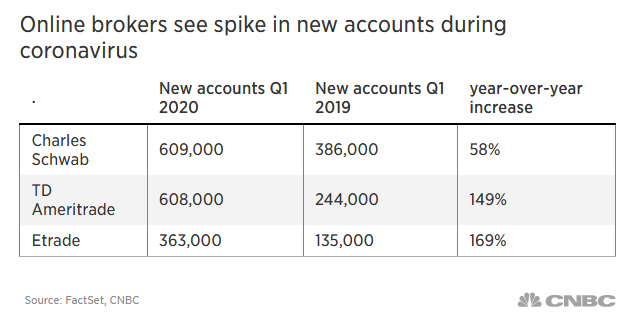By kind permission of The Independent Institute, we republish a talk given by Cobden Centre Advisory Board Member Professor Peter J. Boettke of George Mason University.
The financial crisis of 2008 has challenged the reputation of the free-market economy in the public imagination in a way that it has not been challenged since the Great Depression. The intellectual consensus after World War II was that markets are unstable and exploitive and thus in need of government action on a variety of fronts to counteract these undesirable characteristics. In the United States, this intellectual consensus did not result in nationalization of industry, but in detailed regulation and heavy government involvement in economic life.
The stagnation of the 1970s reversed this trend of public policy, at least in regard to the related rhetoric. A new sense of reliance on the market’s capabilities and a fear of the government’s overreaching took hold of the public imagination. By the end of the 1980s, communism’s collapse throughout eastern and central Europe and in the former Soviet Union reinforced a sense of intellectual triumph for market- oriented thinking over the demands for government regulation and control. The consensus in favor of the free-market economy proved fleeting, however, as the difficulties of transition, the plight of underdeveloped countries, and the tensions of globalization all came to represent, in the eyes of several pivotal intellectuals, the failings of the free-market system.
With the stock market losing 50 percent of its value over the past year, major banks failing, real estate values collapsing, and unemployment creeping toward dou- ble digits, claims about the superiority of the market economy over government intervention are difficult for many to view with credibility. But this situation arises from previous intellectual failings in the discourse concerning the nature of the market economy, the failings of socialism, the costs of government intervention, and the role of public policy. Simply put, we must always remember that bad economic ideas result in bad public policies, which in turn produce bad economic outcomes. The economist’s role must be to counter the first step and defeat the promulgation of bad economic ideas. Doing so is no easy task given the counterintuitive nature of economic reasoning and the role of vested interests in the development of public policy in democratic systems. But if the economist does not do the job, market corrections may be transformed into economic crises by the implementation of ill- fated government policies, and economic crisis may be transformed into political and economic catastrophe as bad ideas are joined with opportunistic politicians who, in the name of meeting the challenge of the crisis, persuade the public to trade their liberties for the promise of security.
In a time of extreme economic adjustment, it is important to remind everyone how markets in fact work. Falling asset prices, business failures, and reallocations of resources (including workers) evince efficient-market adjustments to changing cir- cumstances as much as the exploitation of profit opportunities and the exhaustion of mutual gains from exchange do. In fact, they are the flip side of one another, just as maximizing profits and minimizing costs are. The market process is a profit and loss system. Prudent economic decisions are rewarded, and imprudent decisions are penalized. The market economy in this regard is indeed a ruthless, unrelenting, and ceaseless process of economic change.
To read more, please download the paper.




